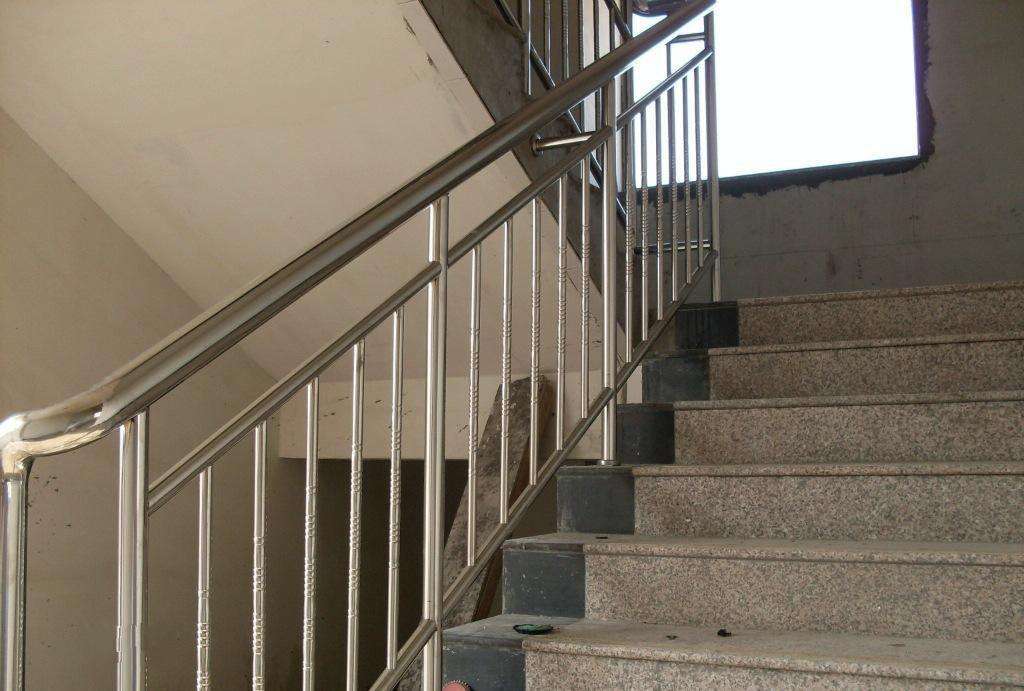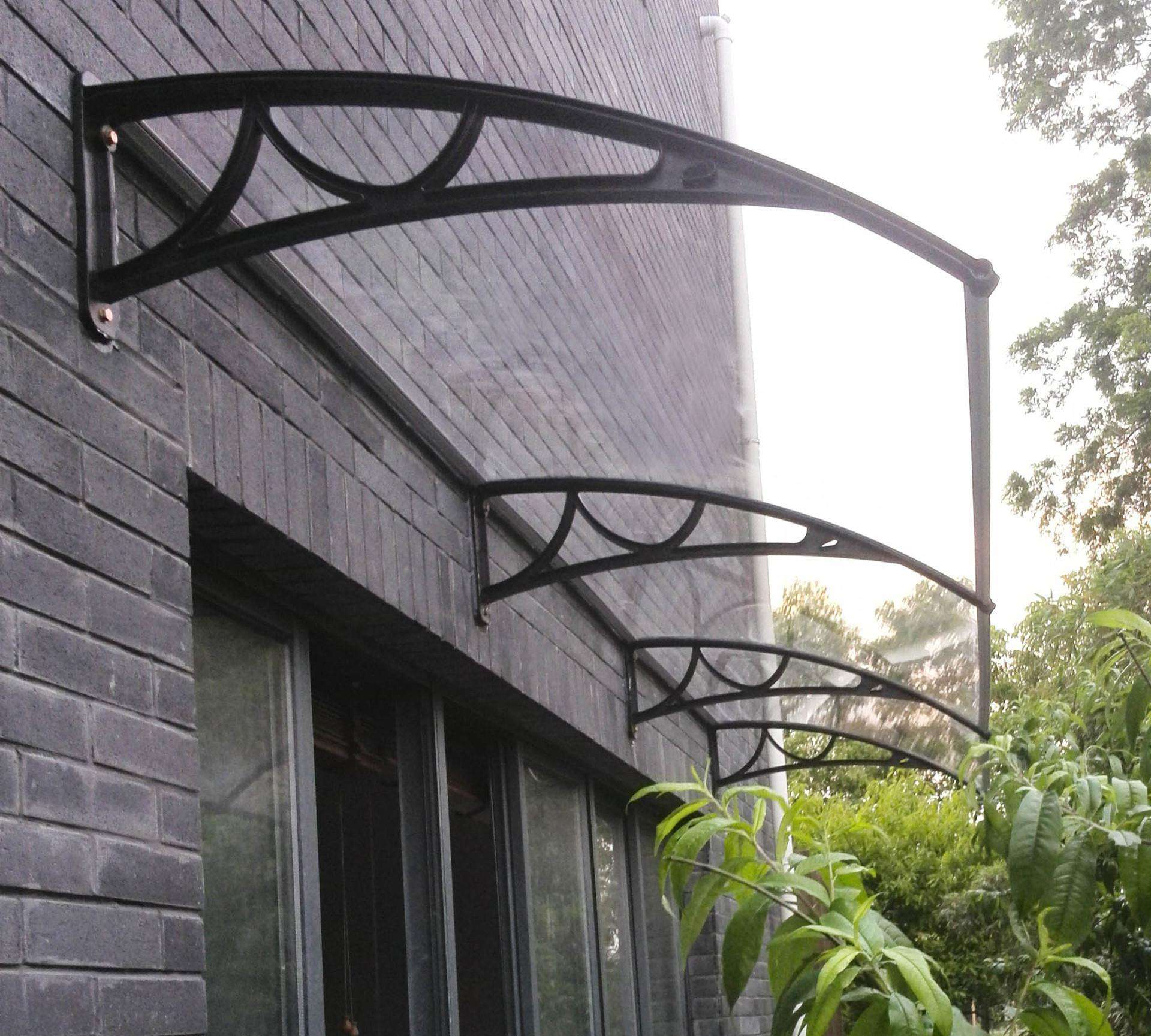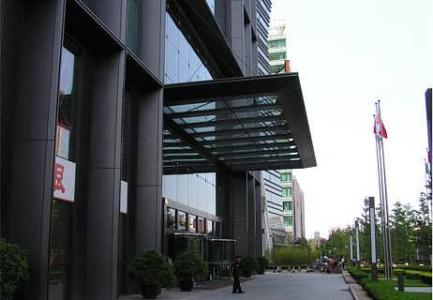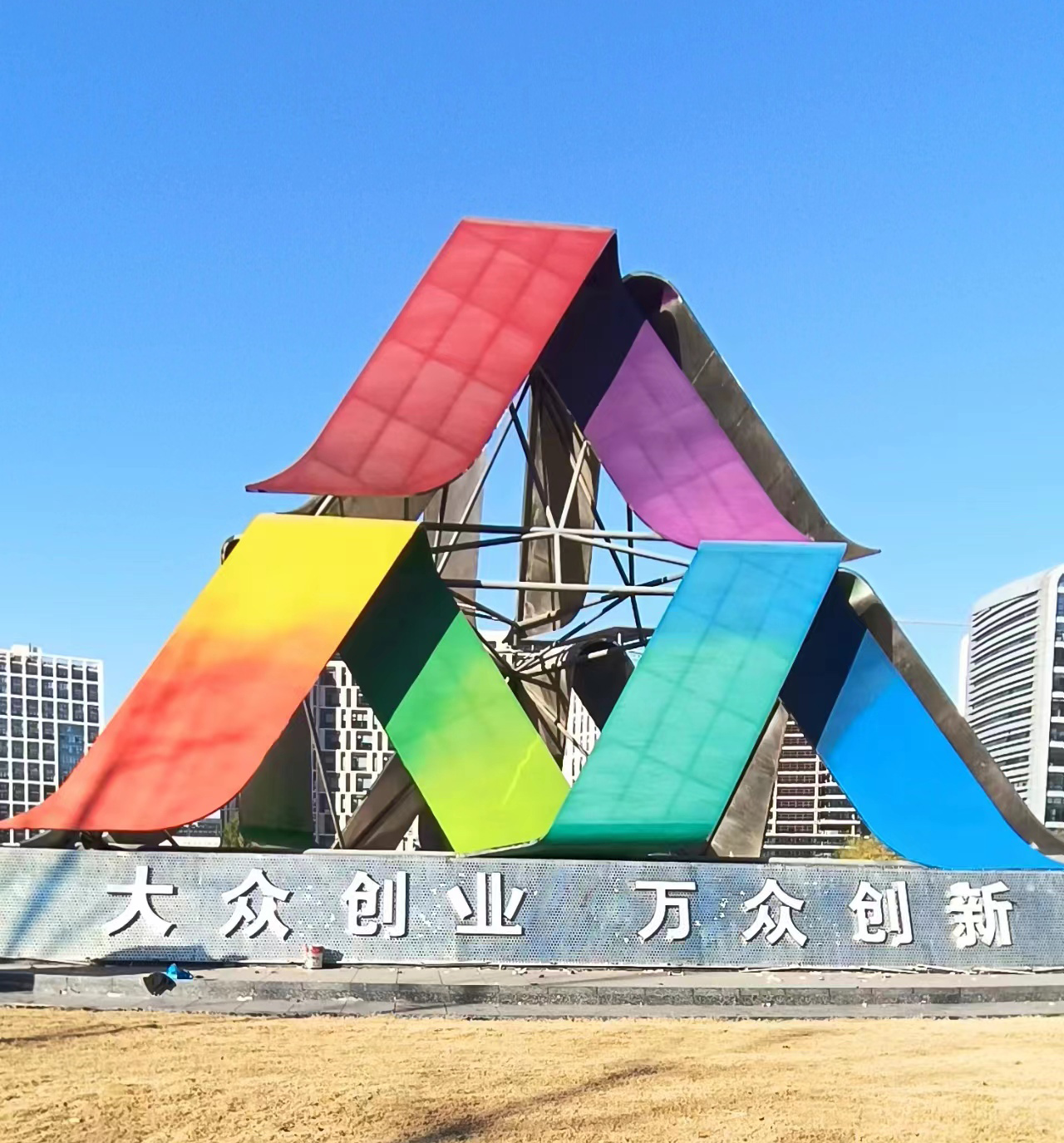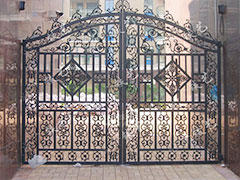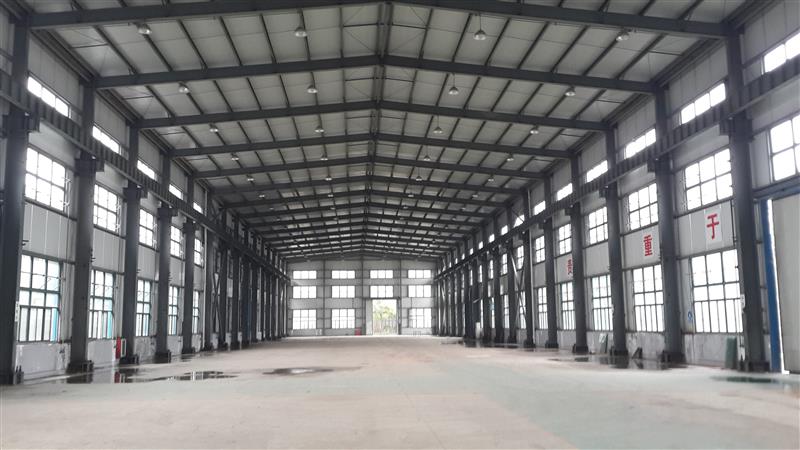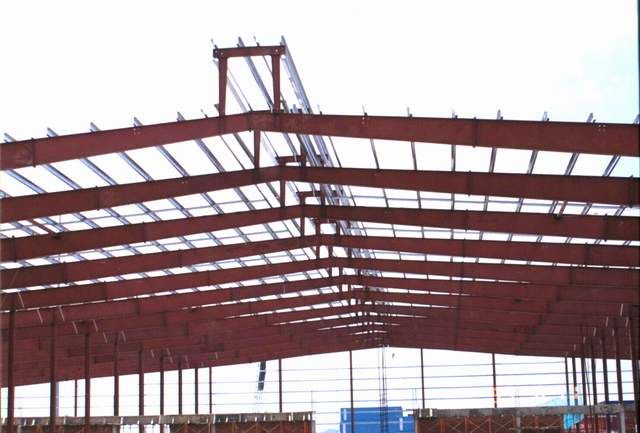常見問題
question
企業(yè)案例
case
聯(lián)系我們
- 聯(lián)系人:濟南燕翔鐵藝制品有限公司
- 手機:15953126901
- 電話:18615254757
- 郵箱:785385551@qq.com
- 地址:濟南市天橋區(qū)歷山北路黃臺不銹鋼市場3區(qū)317

濟南鐵藝大門在制作工藝上的選擇訣竅
來源:http://m.nsjsw.cn 日期:2021-09-29 發(fā)布人: 瀏覽次數(shù):18次
濟南鐵藝大門的門有許多的設計風格,不同風格的濟南鐵藝大門會有不同的選門要求,因而我們需求掌握一定的選門訣竅。那么,濟南鐵藝大門在制作工藝上面應該怎樣有用的去選門呢?
Jinan iron gate has many design styles. Different styles of Jinan iron gate will have different door selection requirements, so we need to master some door selection tips. So, how should Jinan iron gate be useful in the production process?
濟南鐵藝大門的防銹措施有兩種,分別是熱鍍鋅和冷鍍鋅,熱鍍鋅僅僅鍍鋅的一種方法,將產(chǎn)品置于500℃鍍鋅池內(nèi),經(jīng)過操作,使其外表附上一層鋅層,以此來到達防銹的效果。另一種是冷鍍鋅(也被成為電鍍鋅),是使用電解設備將管件經(jīng)過除油、酸洗后放入成分為鋅鹽的溶液中,并連接電解設備的負極。
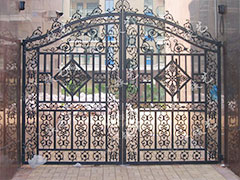

There are two rust prevention measures for Jinan Tieyi gate, namely hot galvanizing and cold galvanizing. Hot galvanizing is only a method of galvanizing. Put the product in a 500 ℃ galvanizing tank and attach a zinc layer to its surface after operation, so as to achieve the effect of rust prevention. The other is cold galvanizing (also known as electro galvanizing), which uses electrolytic equipment to put the pipe fittings into the solution composed of zinc salt after degreasing and pickling, and connect the negative electrode of electrolytic equipment.
在管件的對面放置鋅版,連接在電解設備的正極接通電源,使用電流從正極向負極的定向移動就會在管件上沉積一層鋅,冷鍍管件是先加工后鍍鋅。那么這兩者的差異是什么呢,我們一起來看一下下面文章的講解吧。
Place a zinc plate on the opposite side of the pipe fitting, connect it to the positive pole of the electrolytic equipment, turn on the power supply, and use the directional movement of the current from the positive pole to the negative pole to deposit a layer of zinc on the pipe fitting. The cold plated pipe fitting is processed first and then galvanized. So what is the difference between the two? Let's take a look at the explanation of the following article.
從工藝上講,熱鍍鋅比冷鍍鋅的工藝要好,熱鍍鋅加工,一般鋅層厚度65~85微米,冷鍍鋅一般指的是電鍍鋅,鋅層厚度只要10微米。
In terms of process, hot-dip galvanizing is better than cold galvanizing. Generally, the thickness of zinc layer is 65 ~ 85 microns. Cold galvanizing generally refers to electro galvanizing, and the thickness of zinc layer is only 10 microns.

